Brene Brown suggests six types of friends who don’t deserve to hear your shame stories, and who you should never be friends with, under any circumstances.
“It is not so much our friends’ help, that helps us, as the confidence of their help.” – Epicurus
Epicurus was a philosopher who strongly believed that friendship is a strong driving force in a human’s life. What we fail to achieve personally, is provided by our friends and in turn, we should provide them with the same, building a dependable relationship.
But as time passed by, Epicurus’ teachings also passed away with him. In the current generation, finding a place of comfort in a friend has become as rare as it could be. Often we share our shame stories or not so happy stories with friends which we regret later on. While in sharing we seek a feeling of comfort and support, we instead end up feeling more uncomfortable.
We all have faced certain situations in which we regret sharing certain things with certain people.
Dr. Brene Brown, who has spent 16 years learning and researching empathy, human connection, and trust sheds some light about dealing with shameful situations and sharing them with people.
We have these types of people who often pull us down with their responses. It isn’t their mistake and it isn’t ours too. Maybe we weren’t careful enough to observe their offerings of emotional comfort for us.
“You share with people who earn the right to hear your story.”
Maybe it’s right! Whom we choose to share our stories play some role in shaping our stories further.
Here is the video of Brené Brown talking about the 6 types of people you should never be friends with:
Here are the 6 types of friends who DO NOT DESERVE to listen to your not-so-happy stories or Stories of Shame, that make you feel vulnerable according to Brené Brown as told in the Oprah Show:
1. The friend who actually feels shame for you, gasps and confirms how horrified you should be.
You have just told your friend the hardships you experienced. She gives you a shoulder to cry on. There’s an awkward pause. Next moment it’s your duty to comfort her and elevate her mood.
If you have been in this scenario then it’s highly recommended to stay away from this person. These are the type of people who will hear you out and talk to you about your feelings for the first few minutes. In no time, suddenly, the whole focus shifts to their problems and you are discussing their problems. This just proves how important your feelings are and how your friend treats them.
2. The friend who confuses connection with the opportunity to one-up you.
(“Well, that’s nothing. Listen what happened to me…”)
A little competition in any part of your life is an important factor to motivate you. Yet the constant urge to compete and be the winner in any situation can cost you friendship.
If the majority of your friend’s sentences starts with: “Oh, but you don’t know what happened to me…” then you have a mistake to rectify.
Turning your head towards your mate for comfort in any situation, you expect them to boost your morale, instead, they try putting you down by telling you how they faced a much worse situation. You give them the bragging rights and you should immediately walk away from such friends.
Related: Every Strong Woman Should Keep These 5 Friends In Her Life
3. The friend who is all about making it better and, out of her own discomfort, refuses to acknowledge that you can actually make terrible choices.
(“You’re exaggerating. It wasn’t that bad.”)
Often there are times when you share a story with your friend and they try their best to cheer you up. Yet they end up doing something foolish, such as denying the fact that the events in the story actually happened and it’s an exaggerated version.
From their perspective, they are trying to put you in a spot where something so embarrassing or bad couldn’t happen to you because of the “perfection” you possess, but it actually means that they aren’t acknowledging the truth. Nah!
“Nah! I don’t believe this could happen to you. You are smart enough to tackle it. You are awesome. I bet it’s nothing.”
Having such friends who express their opinion by making you look god-like should strictly be avoided.
4. The friend who is so uncomfortable with the vulnerability that she scolds you.
(“How did you let this happen?”)
We all have come across that one friend who constantly has to find a person or a reason to nail down any action or emotional vulnerability.
Instead of taking personal responsibility, they would try to pass it on to someone else. “Who did this to you? Who was that person? How could such a tragedy happen to you? What were you thinking about?”
Instead of possessing the ability to take personal responsibility, they try to pin it down on others. This would always make you believe that you weren’t at fault, and slowly you will develop this habit where you are finding people to blame.
5. The friend who needs you to be the pillar of worthiness and authenticity, who can’t help because she’s too disappointed in your imperfections.
This type of friend will always look up to you. They consider you to be the benchmark and you are their role models when it comes to a certain situation.
To some extent, this is a positive approach, yet once they start getting disappointed due to some flaws in you, it becomes a burden to live up to their expectations. These types of people would pull you down by setting high expectations. Failing to do so, would mean them being upset and constant reminders of how you disappoint them.
Related: Why Our Friends are Incredibly Important
6. The friend who responds with sympathy (“I feel so sorry for you.”) rather than empathy (“I get it, I feel with you and I’ve been there.”)
You might be accustomed to regular, “Oh I feel so bad for you.”, “I hope everything is fine”, “God bless you” every time you face a situation.
You have a friend sympathizing. Yet they fail to actually recognize your pain and just express their sympathy. Instead of trying to fit in your shoes to actually experience what you did, they say things like “I feel sorry for you” this shows inadequacy in understanding what you actually felt.
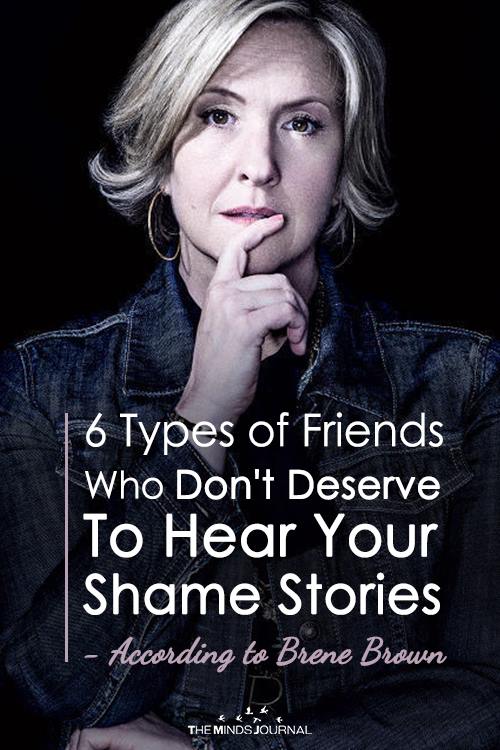


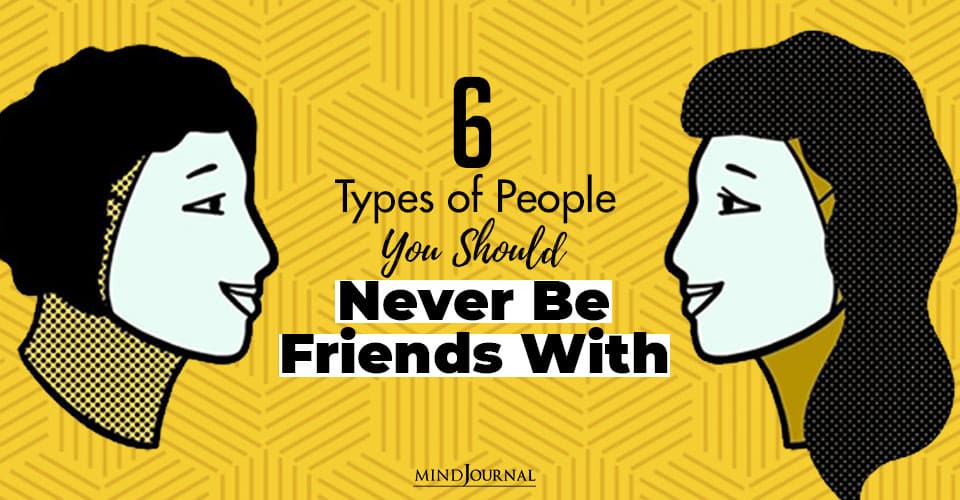
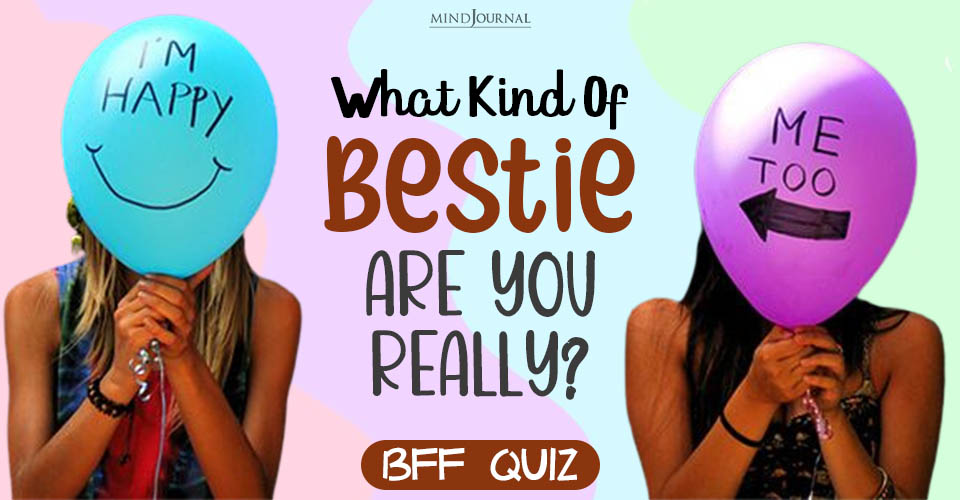
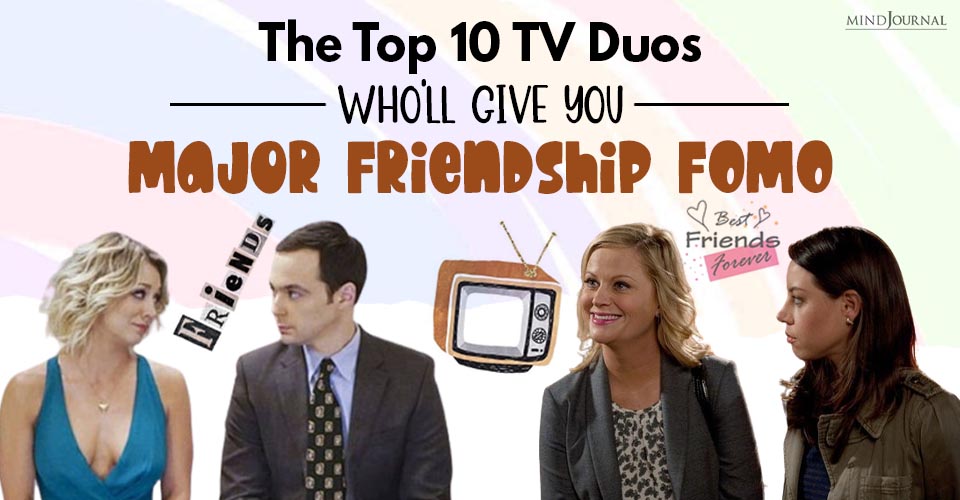
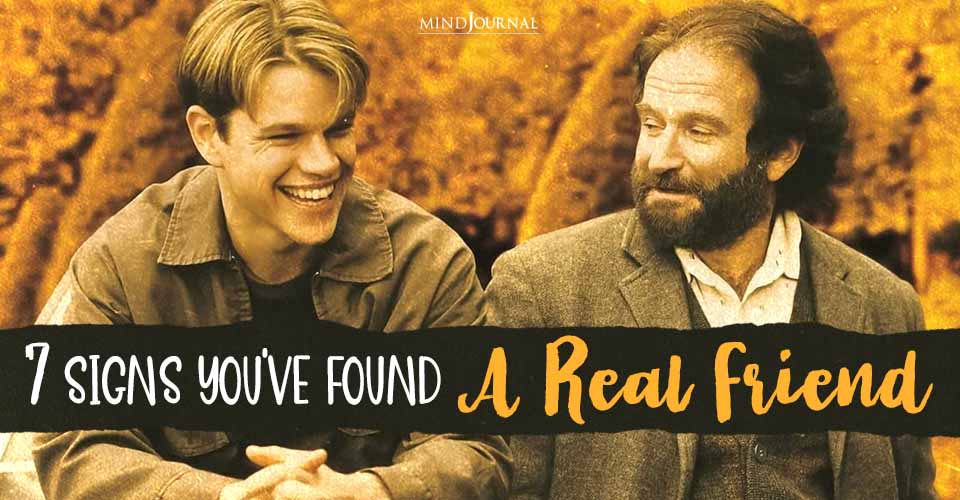
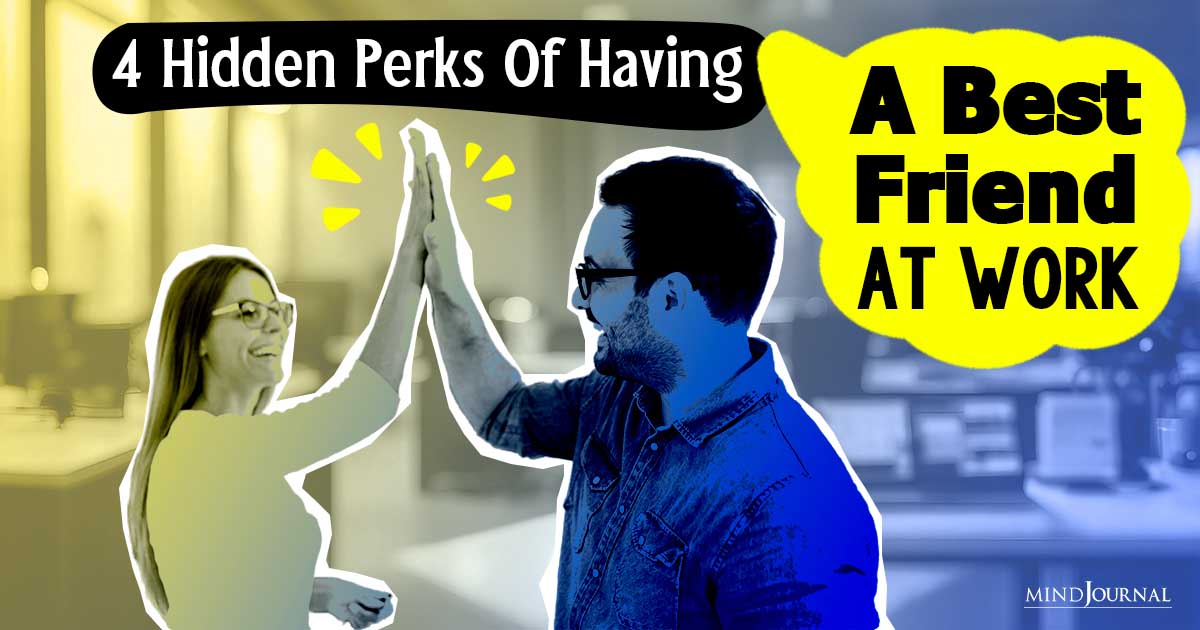
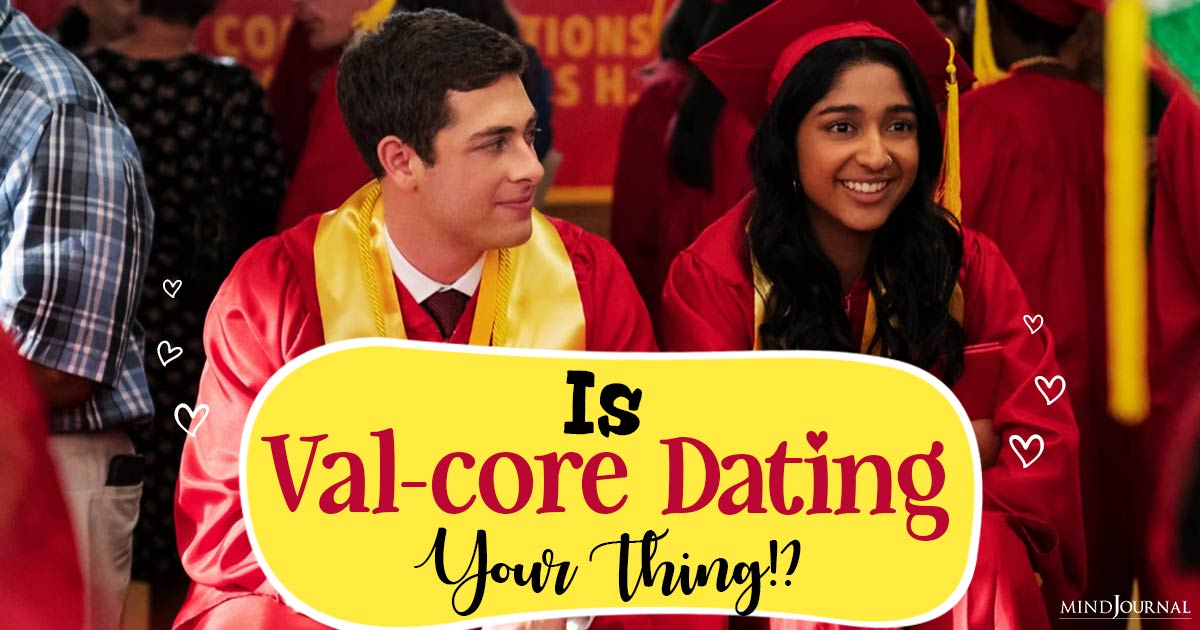
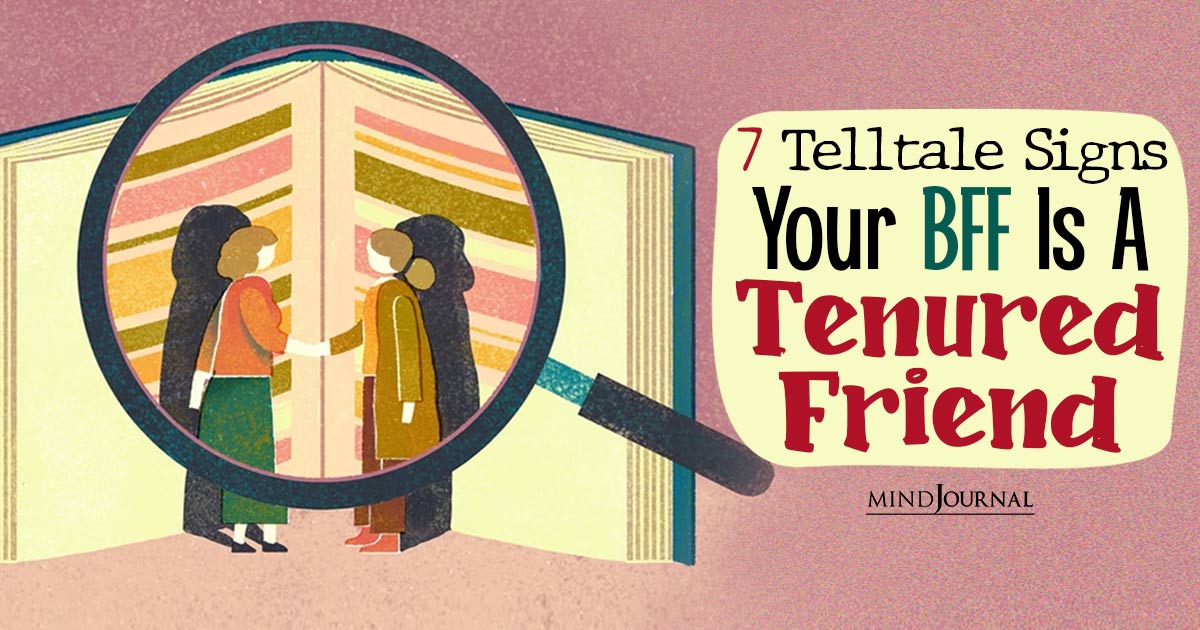
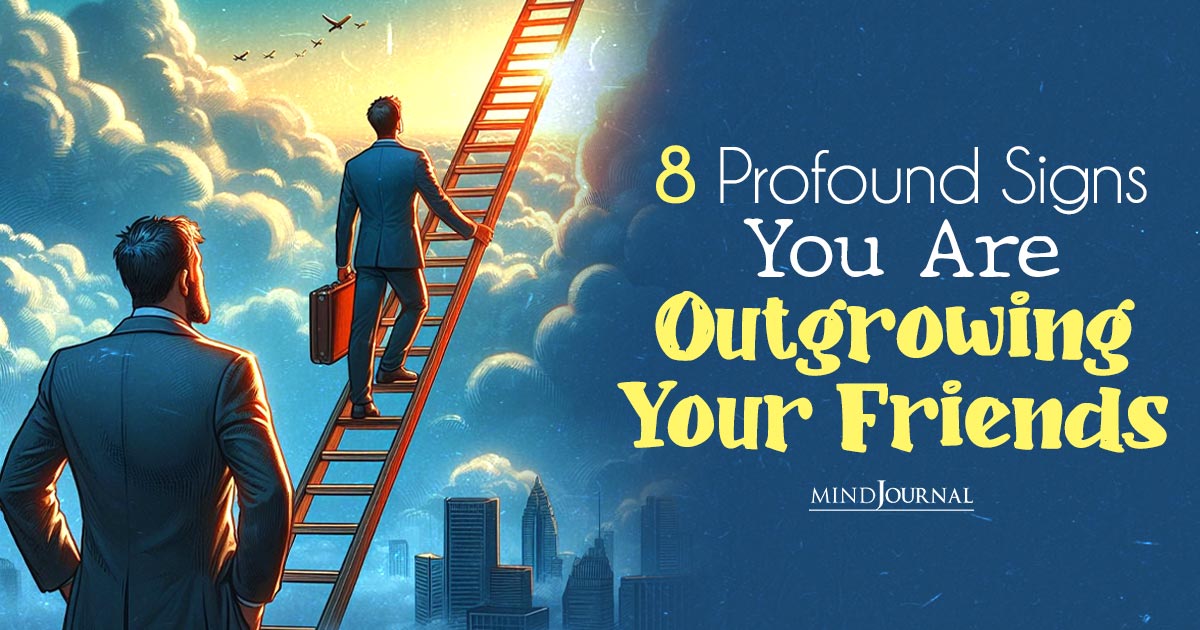
Leave a Reply